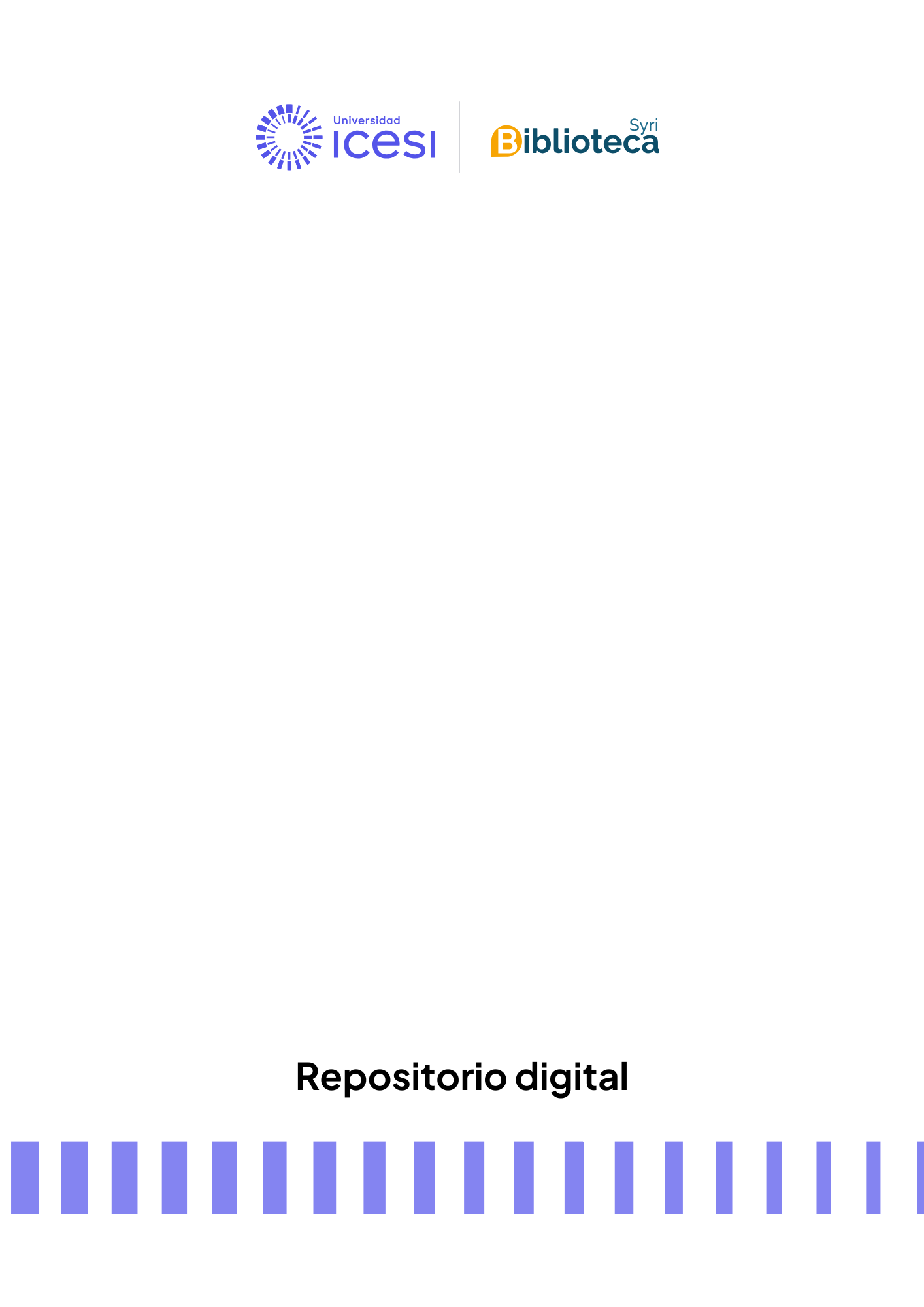Formación ética como objetivo transversal de la escuela.

Archivos
Fecha
Director de tesis/Asesor
Título de la revista
ISSN de la revista
Título del volumen
Publicador
Editor
Compartir
Resumen
Este artículo analiza los resultados de investigaciones que exploran cómo abordamos la solución de dilemas morales, todo en aras de comprender sus repercusiones en la comprensión de la formación ética y moral, asimismo sus aportes a la educación transversal en el sistema educativo. Dicho análisis se nutre de investigaciones como la ICCS-2016, que describe aspectos preocupantes relacionados con la justificación de las dictaduras, la desconfianza en la justicia del Estado y la falta de empatía frente al fracaso de los demás. Esta indagación nos lleva a reconocer los aportes de la filosofía moral, la psicología moral y las neurociencias para entender la manera más adecuada de implementar la educación transversal y la formación ética-moral, esta vez desde los ámbitos emocional y racional como ineludibles. Esto resulta interesante dada la situación de sociedades como la chilena, que están en proceso de repensar el fundamento democrático legado por la otrora dictadura cívico-militar
This article analyzes the results of research carried out to explore how do we approach the solution to moral dilemmas, to understand its repercussions on the understanding of ethical and moral training, and its contributions to education of soft-skills in the education system. Nurtured by research such as ICCS - 2016, this study describes concerns related to the justification of dictatorships, mistrust in state justice, and the lack of sympathy for the failure of others. This inquiry leads us to acknowledge the contributions of moral philosophy, moral psychology, and neuroscience, to learn about the most appropriate way to implement transversal-skills education, as well as ethical and moral training, nevertheless, this time from the emotional and rational point of view. This is an interesting approach given the situation of societies such as Chile, which are currently rethinking the democratic foundations left by the former civic-military dictatorship.

